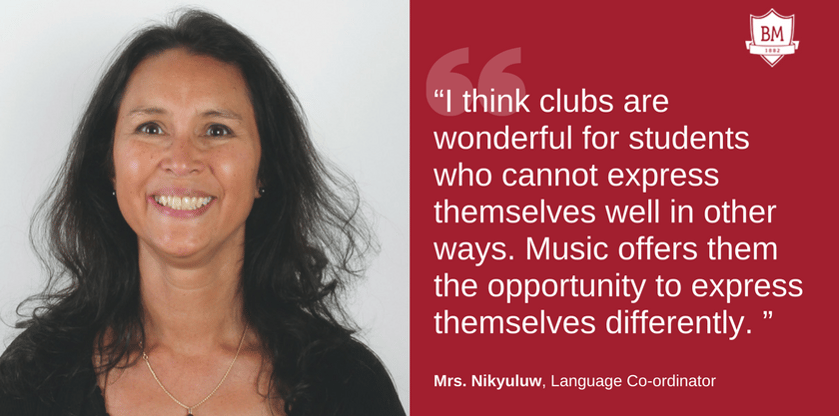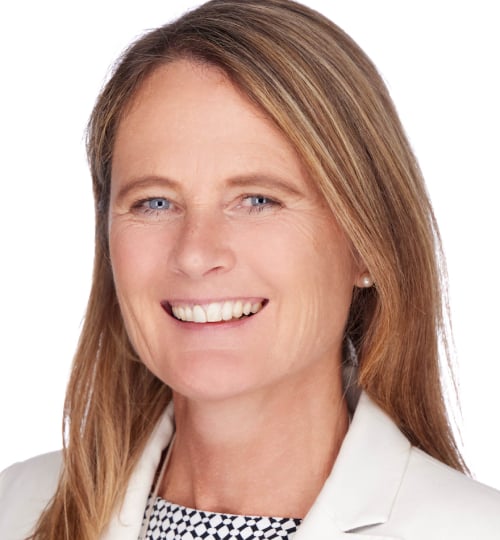Switzerland is linguistically a very diverse country with four official languages - French, German, Italian and Romansch - and English is often the language of business. Because of the small size of the country and the diversity of its population, students studying here get exposure to all of these languages and more. Located in the heart of French-speaking Switzerland, Brillantmont International School is an English-speaking campus, but we offer a number of language classes. We attract students from all over the world who speak many different languages and are curious towards other cultures, which is why we teach not only French, German, Italian, and Spanish and other languages, but also offer an excellent programme for non-native English speaking students.

Before a student even arrives on campus, we evaluate their English ability so that we can place them in the right course. Based off of these tests, Brillantmont decides if the student will be able to follow in a mainstream English classroom or if they need some additional support to help them through. Mrs Nikyuluw, the Language Co-ordinator at Brillantmont says,
“If the student has never really been in a classroom where everything is taught in English, if their skills are not yet at an academic level, we put them into an English language class where they are still learning grammar, how to write proper sentence structures and how to use a variety of sentences. This class is about five to six periods per week and through it they really learn the English language. Once we know they are confident in the language and they can manage on their own, they are put into regular English classes, but still with lots of support from us.”
Since Brillantmont is a small school, we have excellent communication between staff and each student’s needs are always at the forefront of our discussions. Communication about a student’s language abilities happens both formally and informally. For instance, the science teacher may be concerned that a student will struggle with the vocabulary needed for a new topic. The English teachers would work with him/ her to devise a strategy enabling the student to function on their own in the classroom and get to where he/ she needs to be.
English is the primary language at Brillantmont and whether it be on outings, in the boarding houses, with staff, in the dining room, or during extra-curricular activities, the main language students use to communicate with those around them is English. It makes sense since not everyone knows Japanese or Russian or whatever the mother tongue is. This really accelerates the student’s language learning since they all want to get to know each other and make friends.
Mrs Nikyuluw also runs the Vocal Club at Brillantmont. Many of her singers do not speak English as their first language, but this is not an obstacle. She says, “I think clubs are wonderful for students who cannot express themselves well in other ways. Music offers them the opportunity to express themselves differently. I have had very timid students come to Vocal Club, and when they first come I think, ‘oh they are not going to say anything,’ but then they sing! It’s another way for them to show who they are.” She went on to say that these students all want to learn English speaking pop songs and understand the lyrics, which gives them another motivation factor. “They ask me what certain expressions mean and they learn punctuation; it's a real plus to their language learning.”
If you have any questions about the way languages are taught at Brillantmont, please contact us directly.





